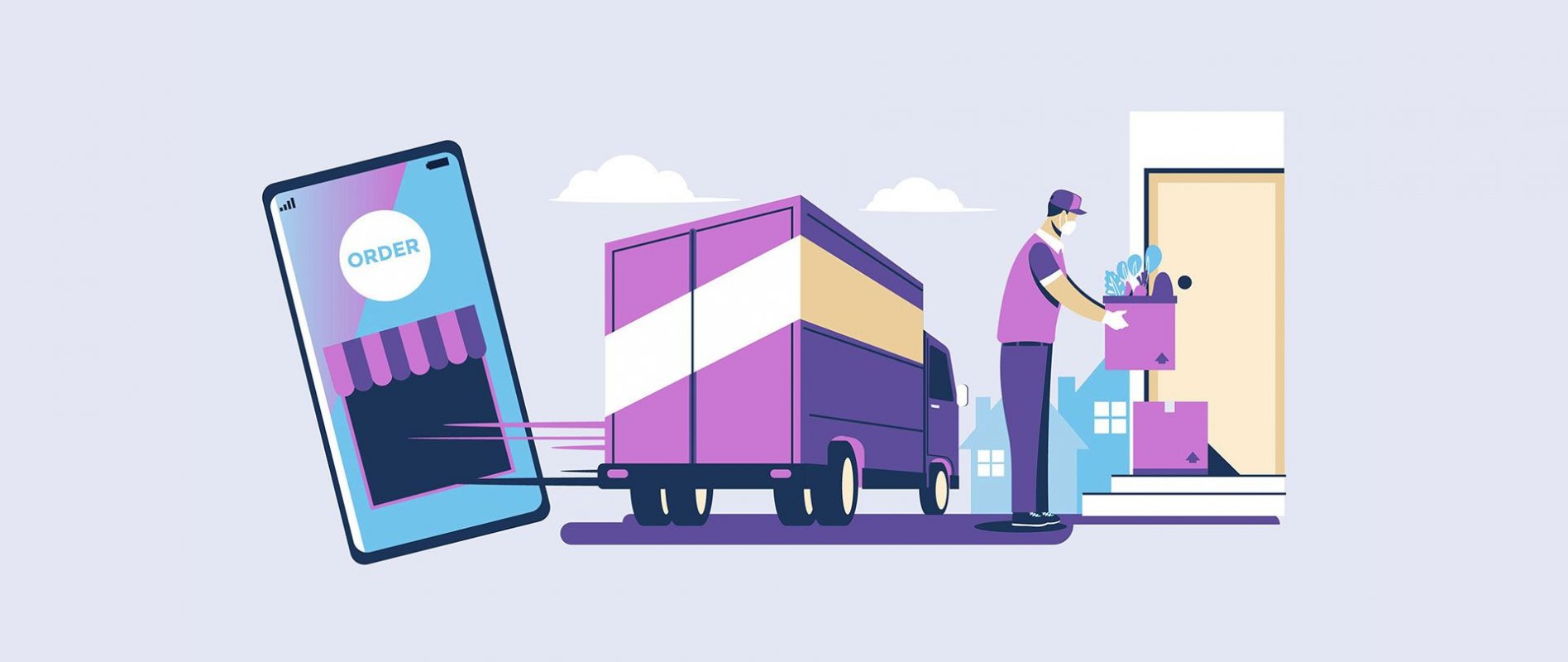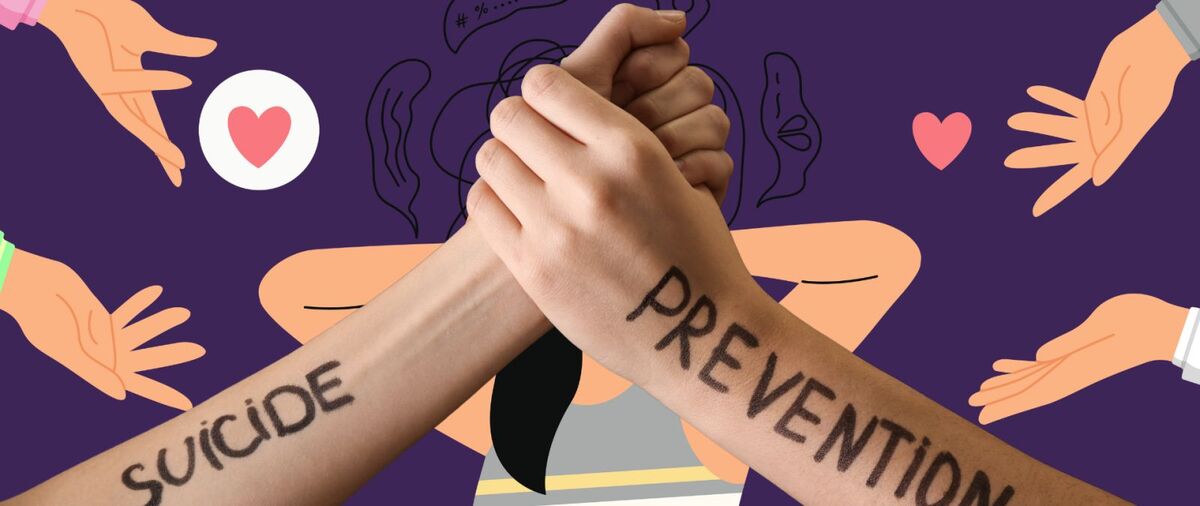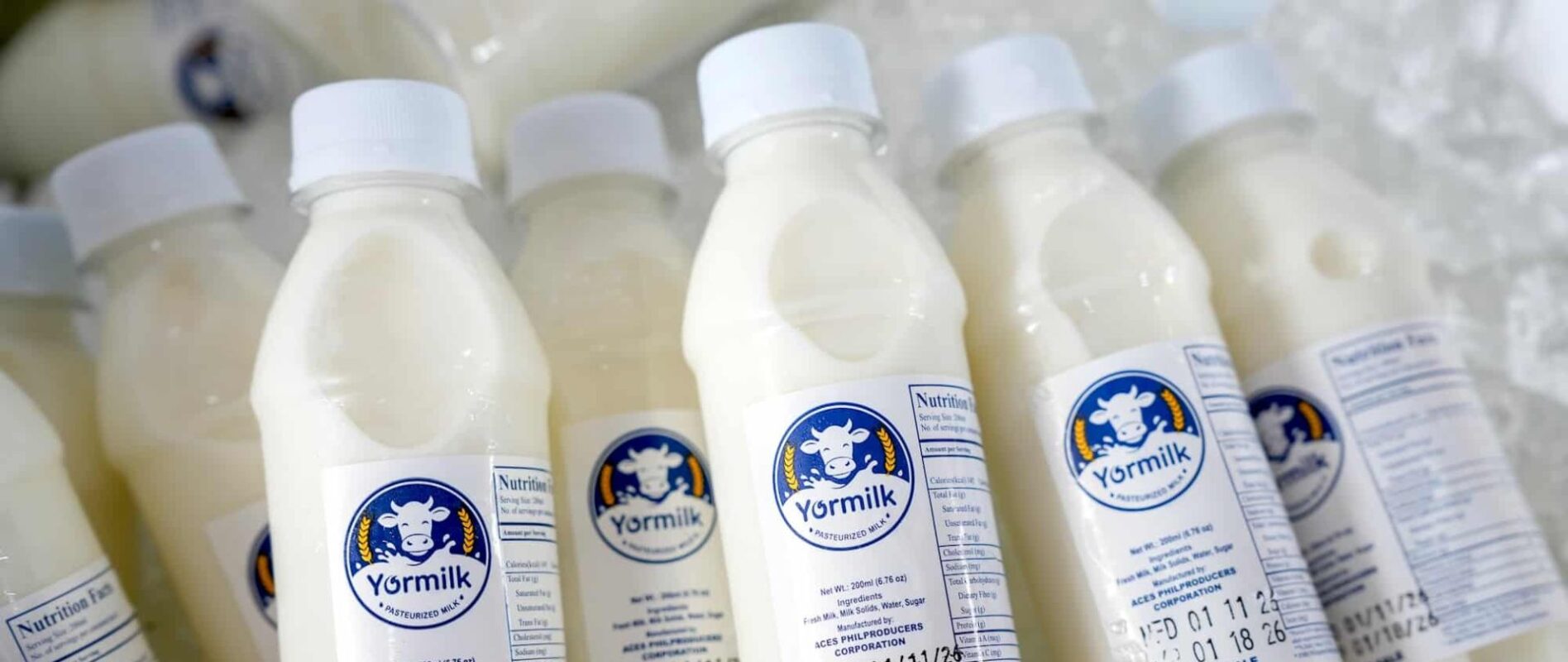EATING OUT? HERE’S HOW THE FOOD INDUSTRY IS COOKING UP WAYS TO THRIVE AMID THE LOCKDOWN
With many food businesses in peril of closing down, finding ways to keep their businesses going lies at the palm of the consumers' hands—literally.
Cravings are real: everyone misses their go-to restaurant or comfort food. But with the quarantine hindering us from going out, we have to put our own safety over satisfaction.
One of the most affected industries in this pandemic crisis is the food business. Based under Category I along with groceries, food preparation, water-refilling stations, and delivery services, most food establishments had to minimize or if not, close down operations for a while until the community quarantine eases down. For some people who had to rely on eating out, this may come off as a threat hence finding other routes to get by. While there’ll always be establishments with open phone lines for order and pickup deliveries, is it more than enough to keep up with the pressures of less people going out in the consumer market?
Since the lockdown last March, most restaurants struggle to pay off the livelihood of their employees after minimizing their operations to skeletal forces in order to continue. A lot of regularizations and hirings were put on hold, some restaurants went bankrupt, and the economy had a major setback. Even the local farmers and fishermen suffered from the pandemic because tons of unsold goods have just gone to waste. In an interview with a farmer by 24 Oras they appealed, “‘Yung mga kinauukulan, sa mga nagbibigay ng relief goods, hinihingi namin ang tulong niyo. Yung mga gulay na lang namin ang bilhin niyo. Para masustansya pa atsaka nakatulong pa kayo sa amin.”
Logistics is also affected with the strict measures of quarantine checkpoints that result in delays and perishing of some supply and goods. With different sectors at risk, it’s become a domino effect that have already put the livelihood of many and the economy, in general, at risk.
Looking into the future of the food business, it’s become more bleak but there’s hope that lies in the use of the Internet and delivery apps to reach a wider audience as compared to a physical store. There’s been a surge of usage in delivery and food service apps such as GrabFood, Lalamove, FoodPanda, and joining them is AngkasFood, which also acts as a service to support their employees.
Digital payments are also encouraged, if not, mandated, in these apps and some stores so no physical contact happens and it supports the guidelines of social distancing. Through these apps, people are able to discover new stores and outlets and at the same time, it crawls to be a new normal for Filipinos.
Micro businesses also began to rise due to people finding more interest in the kitchen for being stuck at home and seeking ways to earn a living amidst the crisis. From quick-fix meals like samgyupsal, chicken wings on a tub, chili garlic appetizers, and ube-cheese pandesals to gourmet dishes such as baked sushi, lasagna trays, and spice-rubbed ribs, people’s cravings were satisfied.
But even with its rise, it’s a dog-eat-dog industry and big franchises are also up for a competition. Examples of these include Jollibee’s distribution of their unmarinated chicken in supermarkets, and Manam selling their famous sisig and kare-kare in convenience stores. Unfortunately for buffet businesses, they still had to wait for longer since normally these types of dining experience takes longer hours and group setups.
Aside from micro businesses amping up their creativity to rise among their fellow competitors, big businesses are also producing new techniques to market their own. Raging Bull Burgers created a DIY burger box with their “How to Kickass at Home”. Llao Llao started their “Froyo Freezer on Wheels” for your froyo quick-fix. 7-Eleven also came up with DIY milk tea packs to fulfill your milk-tea dreams.
Taking note of all these, it’s a matter of keeping the economy alive by circulating consumerism and supporting food businesses in their efforts. Food is a necessity and while it’s impossible for it to crumble completely in our society, it’s loss will affect us entirely. Quarantine is essential but do support food businesses in any way you can is vital because it goes as far as just to satisfy craving; livelihoods are also at stake.














